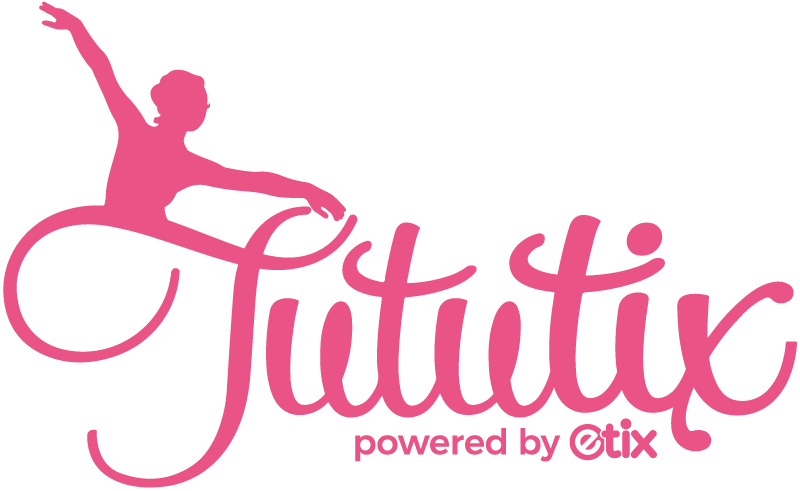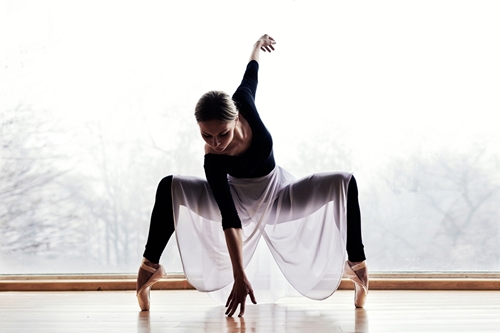Being a dancer is about so much more than just learning choreography and proper technique. It’s also about what’s happening on the inside, in a dancer’s soul. Dancers are artists who use movement to express themselves and connect with others, creating something beautiful with every jeté or plié. Becoming a dancer requires hard work, sacrifice and a willingness to make yourself vulnerable, but the rewards of a life devoted to dance make it all worthwhile. Take a look at these tips for how to become a dancer.
Why Dance?
Dancing is not only healthy for your body, but it’s also good for your spirit and sense of self. Identifying the ways that dancing attracts and affects you on a personal level can help you become a better dancer and persevere through difficult times. The Huffington Post asked professional dancers why they dance, and the answers were both touching and thought-provoking.
Kayla Rowser, a dancer with the Nashville Ballet, said, “I dance because I love sharing a piece of my soul with the world through movement.”
“I dance because I enjoy expressing my feeling and emotion in many ways. And it makes me happy,” responded Ballet San Jose dancer Maykel Solas.
Other respondents answered that they dance because it helps them get in touch with their emotions, makes them smile and helps them express themselves without using words. Others dance because they have to, and many echoed dance teacher Amanda Trusty who said “I dance because sometimes it’s the only way I know how to speak.” Part of becoming a dancer is recognizing what drives your passion and what draws you to dance.
The Beauty of a Life Devoted to Dance
There are many amazing advantages to devoting your life to dance. The hard work and determination required to overcome challenges in your dancing can teach you how to deal with obstacles and setbacks in other areas of your life. You become fluent in a beautiful, powerful language that many people never get to learn, and the close attention to detail and eye for aesthetics that you develop as a dancer helps you see and appreciate beauty in all other aspects of life. You become more confident in not only your skills and talents as a dancer, but in your ability to truly and fearlessly be yourself.
As Dance Advantage noted, “There’s not much you need to know in life that you haven’t already learned in a dance class.”
Dancing also contributes to the wellness of both your body and mind. Dancing strengthens your core and keeps your heart healthy, eases depression and anxiety and promotes mindfulness, according to Berkley Wellness. All of these benefits add up to a healthy body and a positive outlook on life.
The Costs of a Life Devoted to Dance
But being a dancer is no easy role to take on. You will be pushed to the limit of what you think you can achieve physically and mentally. You will face imposing challenges, intense nerves and harsh disappointment, and will have to make certain sacrifices along the way. While your friends are able to spend time hanging out on the weekends, you may need to head to class or travel to a performance. You might need to devote years to intense training to learn proper technique and improve as a dancer, especially for classical forms.
But the beauty of these trials and tribulations is that you come out the other side even stronger than before.
Achieving Your Dreams
If the costs don’t faze you and the advantages excite you, then don’t wait another minute to pursue your goal of becoming a dancer. Sign up for introductory classes at a studio in your area and begin your dance journey. ArtsAlive recommended expanding your knowledge about dance by attending as many performances as you can and learning about dance online and in books and magazines. Try taking a few classes in different styles of dance to learn which bests suits your talents and personality. Seek out summer programs and workshops, which can be great opportunities to hone your craft.
Remember that you can still be a dancer even if you have a day job. If dance adds meaning to your life, make it a part of your life in whatever way you can, whether that means taking a beginner class, buying a barre for home use or volunteering to help organize local performances.
Constantly challenge yourself, too. As Rebecca Brightly wrote on her blog Dance World Takeover: “Practice is not “the thing.” Do The Thing you actually want to do! Perform, enter comps, choreograph, teach, film dance videos—whatever calls to you. Go do lots of that, then do lots more.”
When you’re practicing and challenging yourself, think about what devoting your life to dance means to you. For some, that means joining a company as a professional dancer, for others, it means teaching or choreographing dance. The important thing is to think about what excites your soul.
Fall in love with dance, and when hard times come, remind yourself why you love it all over again. Training and practice are the building blocks, but it takes passion to truly become a dancer.


